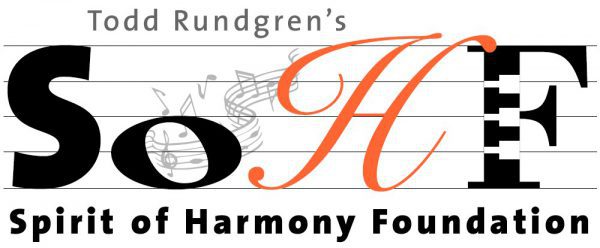A great many organizations are dedicated to helping provide help and opportunities for music education programs as they navigate the challenges presented in 2025. YOU ARE NOT ALONE!!!
At the present time, many of the most critical issues impacting school programs are also impacting non-profit music education organizations. Please explore resources pertaining to schools as well as to non-profits. There are some positive steps every music program or music education advocate can take:
- Be honest about the current challenges. It is very tempting to put on a brave face, but it is extremely important to let your funding sources, supporters, partners, and other stakeholders know how your program is being impacted, and what kinds of service reductions could be happening in the future. Families of the children in your programs deserve to know if there is a risk of service reduction. Federal, state, or local cuts to music programs generally don’t make it to the news stories, and people really do not understand that music programs are being impacted. Make them aware. It’s not complaining or making some kind of threat…it’s a public service to communicate the truth of your situation. There might be resources available in your community that will rise to the occasion.
- Terminology. Many funding sources, governmental sources such as grants.gov in particular, utilize artificial intelligence (AI) to scan applications, websites, program descriptions, and social media posts for certain terminology, specifically terminology that refers to Diversity, Equity, and Inclusion (DEI). Now is the time to evaluate your organization’s digital footprint for use of any of the terms that could automatically disqualify your program from funding. There are many ways to say what you do and who you serve without using terms that could be detrimental to your program. Remember, “a rose by any other name would still smell as sweet.”
- Think outside the box. Many music programs have been operating with minimal resources for a long time, and scarcity is the norm. But the current cuts to federal arts, equity, and cultural programs are far-reaching and unprecedented. Expand your thoughts about which local businesses or organizations could help support your mission.
- Network! A music program will never be able to find new sources of support if people don’t know about the important work you are doing. Tell your stories, share your passion, and make it known that your music program must be recognized as a vital part of youth development in your community, and music education needs to be supported! Working together with others who support the importance of good youth development programs could be a win-win for all concerned.
- Politics. An organization can be strictly nonpartisan while also being practical and factual. Although funding policies reflect political and social objectives, the real-life effects of those funding policies can be communicated in ways that do not get mired in political views or conflicts.
- Avoid 20/20 Hindsight. As providers of tremendously important music education for children, the last thing anyone wants is to see a program reduce its service or close its doors and have the community members say “If only we understood what was happening, we could have helped…”
The following is a list of some of these organizations, their core objectives, and how connecting with them may help individuals looking to start up, rescue, or enhance music education programming in their school or community in the unique atmosphere of 2025. Advocacy begins with knowledge!
National Council Of Non-Profits
For the most current information, subscribe to NCN’s free newsletters and join your state association of nonprofits to engage locally.
K-12 Education News
Americans for the Arts
Their mission is to build recognition and support for the extraordinary and dynamic value of the arts and to lead, serve, and advance the diverse networks of organizations and individuals who cultivate the arts in America. Connecting your best ideas and leaders from the arts, communities, and business, together we can work to ensure that every American has access to the transformative power of the arts.
Equity Arc:
Advancing Racial Equity through Collaboration: Musicians of color make up less than 21% of orchestral musicians. Equity Arc levels the playing field by developing new pathways that empower BIPOC instrumentalists to pursue their passions. They work collectively with partners at all stages of the journey, from early studies to conservatory to career, to transform classical music from within. Their website and newsletters are inspirational in promoting diversity, equity, and inclusion.
For information about additional music education resources and ideas in general, please click here.
Some pertinent articles:
- Well-being and Well-becoming Through the Arts (Download Report), The Wallace Foundation https://wallacefoundation.org/
- Powerful advocacy https://news.sru.edu/music-education-major-wins-award-advocates-for-funding-on-capitol-hill/
- Researchers find that music education benefits youth well-being as California looks to boost arts in school https://phys.org/news/2023-01-music-benefits-youth-well-being-california.html
- Stronger together https://whyy.org/articles/philadelphia-researchers-arts-education-settlement/
- The importance of public information https://irontontribune.com/2025/05/20/chesapeake-elementary-receives-national-recognition-for-music-education/
- Reality and risk https://www.axios.com/2025/07/02/trump-administration-withholds-education-fund
